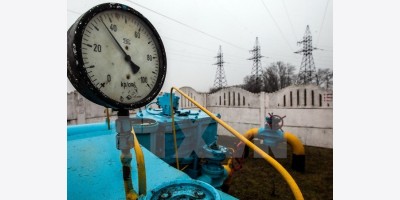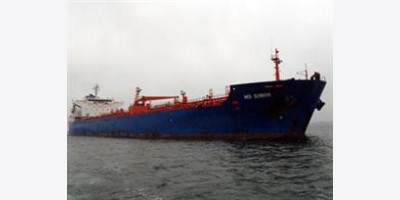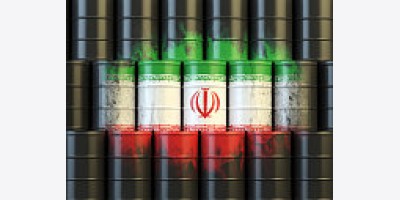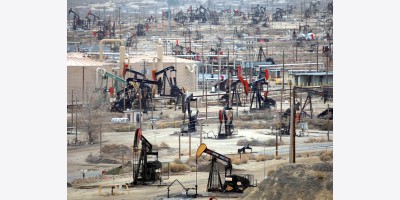Kenneth Rapoza
Two things put Brazil’s oil wealth in the public eye again this year. One good. One not so good. First the not so good: Petrobras. The state-owned oil firm is up to its eyeballs in scandal. It’s led to the bankruptcy of around four Petrobras partner firms, and the arrest of dozens of executives, including high level Petrobras managers implicated in money laundering and accounting fraud. So that’s the bad side of Brazil’s oil business.
Then the good side. That was brought to light recently when Shell Oil bought out the BG Group, a U.K. driller that partners with Petrobras on four wells in the Atlantic Ocean. Shell’s CEO Ben van Beurden said that one of the most attractive aspects of the BG deal was Petrobras. Before BG, Shell had drilling rights to just one field. It now has rights to four more. Buying BG was like buying Brazilian oil and buying Brazilian oil, for Shell, was a good idea.
Here’s why the oil industry watches Brazil’s lucrative deep water projects closely.
Brazil’s state-run oil company Petrobras might have lost over billions because of inflated contracts and other costs related to a long-running kickback scheme with partner construction firms, but despite the negativity surrounding the company, one thing remains: Brazil is sitting on a lot of oil. And the oil industry loves it. (AP Photo/Leo Correa)
Brazil’s oil production has gone up 5% on average since 2000. New discoveries are currently in production, particularly at the lucrative Lula fields, and will come online in the years ahead.
Between 2010 and 2014, 63% of the world’s deep water oil discoveries were made in Brazil. Thanks to the pre-salt basins in Brazil’s Atlantic, more than a third of the world’s oil discoveries over the past four years have been made in that country. Thirty-six percent, to be exact, according to Wood Mackenzie numbers.
Within the expensive, high tech floating production storage and offloading oil vessels market, or FPSO, Brazil’s weight is around 20%, according to ODS Petrodata. Some 46% of all new FPSOs being built in the world today are being built to first go to work in Brazil. According to the Brazilian government, 40 new FPSOs will be operating in Brazilian waters by 2018, though the ongoing Petrobras scandal will likely cut that number short.
Amid these developments — the Shell Oil deal, the Petrobras scandal, the Oct. 7 auction for concession rights to Brazilian oil fields, China’s $3 billion dollar loan to Petrobras –there is now a potential government-led leniency deal for the scandalous construction firms is inching ahead.
And if a deal of this sort were to be concluded – possibly by the fourth quarter, writes Elizabeth Johnson, head of Brazil’s business consulting practice for Trusted Sources – “it could breathe new life into the local supply chain.”
Van Beurden did the talking in April for the global oil and gas industry. “We have to look at Brazil for the potential that exists there. At the moment, this is probably the most exciting area in the world for the oil industry. We are already in Brazil and we are happy there, but we want more,” he said.
The energy sector has been battered for nearly a year, but amid the wreckage Royal Dutch Shell is buying BG Group in the biggest oil & gas deal since Exxon bought Mobil and easily the largest industry merger of the last decade. (Data source: Dealogic. Deal sizes exclude debt.)
The Biggest Oil & Gas Deals Of The Last Decade
The energy sector has been battered for nearly a year, but amid the wreckage Royal Dutch Shell is buying BG Group in the biggest oil & gas deal since Exxon bought Mobil and easily the largest industry merger of the last decade. (Data source: Dealogic. Deal sizes exclude debt.)
forbes.com























